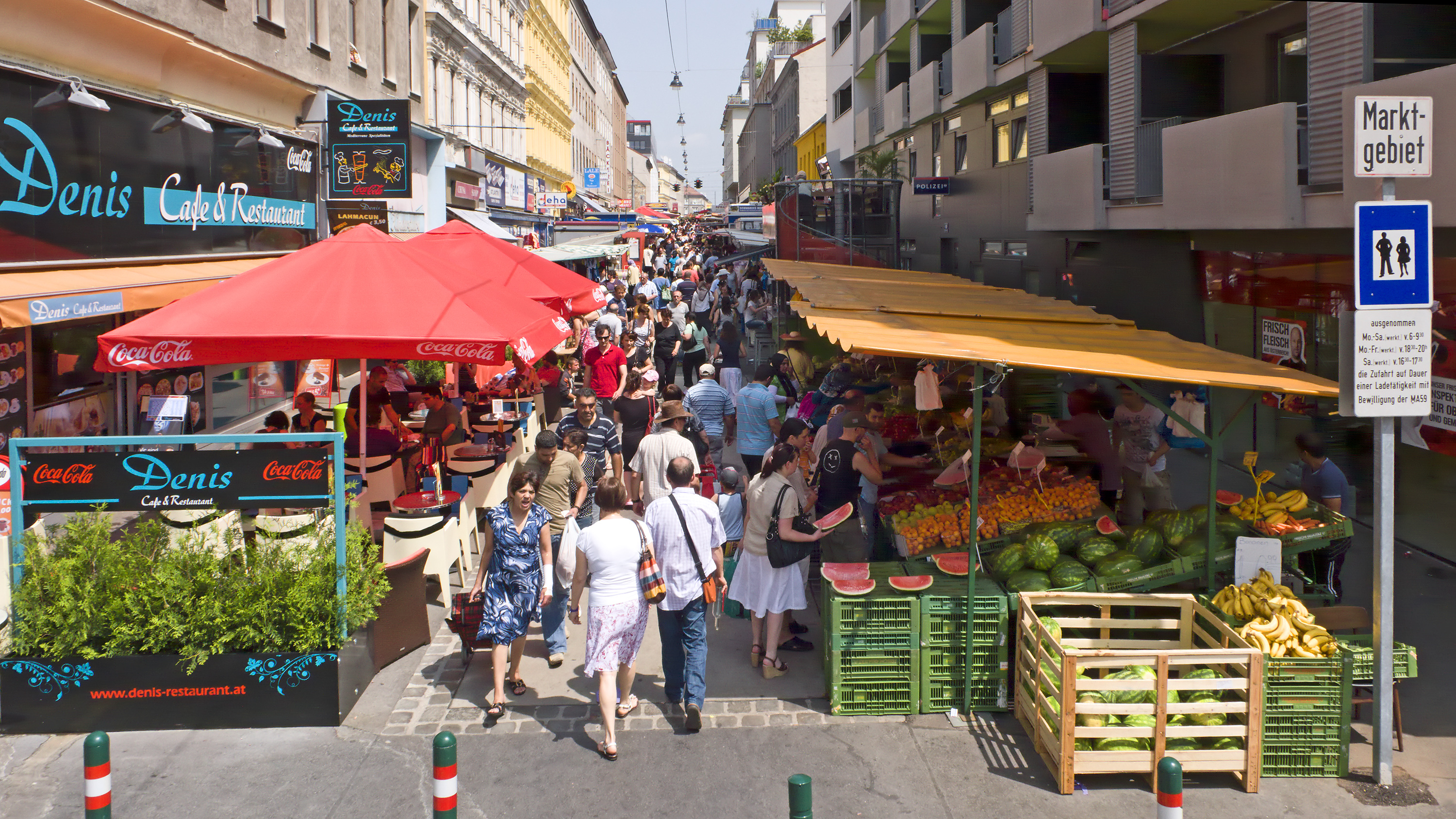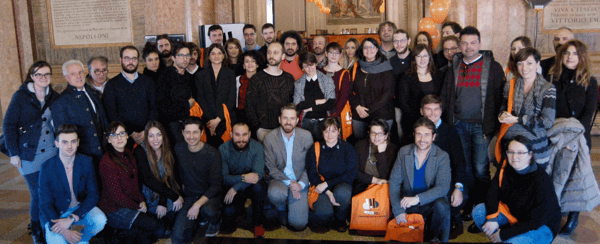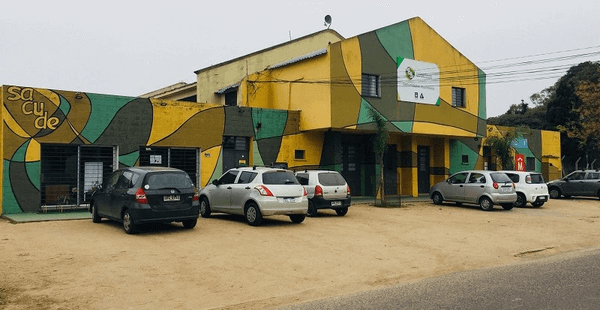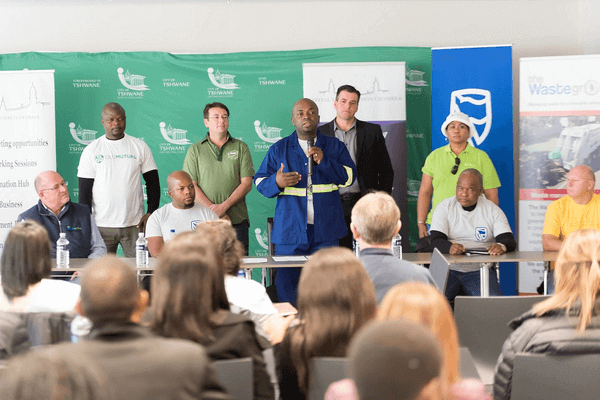New migrants, who have just received their first residence permit from the Immigration Office are invited to attend a one-hour orientation meeting (start coaching) in their mother tongue, which is held by staff members of Municipal Department 17 - Integration and Diversity - (one stop shop).
At the start coaching, new migrants receive important information about their rights and duties, and they get to choose the best suitable German language course. They also receive the Vienna Education Booklet to record all the German language classes and other education and (further) training classes attended by the booklet holder to make it easier for authorities and advice centres to see at one glance which next steps would be feasible and should be recommended.
The Booklet also includes three Vienna language vouchers in the total amount of EUR 300. They can be used to pay a part of the German language classes with specific course providers.
For the vouchers to be valid, new migrants need the confirmation that they have attended one out of eight information modules per language voucher. Native speakers, who also have a migration background, hold the information modules in many different languages on the following topics: residence regulations, job and career, working environment, recognition of qualifications, education and further training, housing, healthcare, education system, and living together. Participants receive handouts in their mother tongues with important information and contact addresses. Childcare is also provided for the duration of the information modules.
To clarify further questions or if new migrants need more information about advice centres, making applications and dealing with authorities, or exchanging experiences with other new migrants they can attend a second level start coaching within two years after their arrival. The second level start coaching is held either in the form of group discussions or with individual appointments.
The programme is available in 24 languages: Albanian, Arabic, Bosnian, Bulgarian, Chinese, Croatian, Czech, Dari, English, Farsi, French, German, Hindi, Hungarian, Pashtu, Polish, Punjabi, Romanian, Russian, Serbian, Slovakian, Spanish, Turkish, Urdu.
Parties and Partners to the Initiative
- Municipal Department 17 – Integration and Diversity
- Municipal Department 35 – Immigration
- Vienna Employment Promotion Fund
- Information Centre for Migrants
- Public Employment Service Vienna
- Vienna Chamber of Labour
- Vienna Economic Chamber
- Vienna Public Learning Centres
- Call Centre as a hotline for information about the project and making appointments for startcoaching or information modules
- Course providers and educational institutions for the acquisition of the German language
- Experts from advice centres and educational institutions
- Representatives of immigrant communities
- Experts on the relevant topics for the (further) training of staff members




